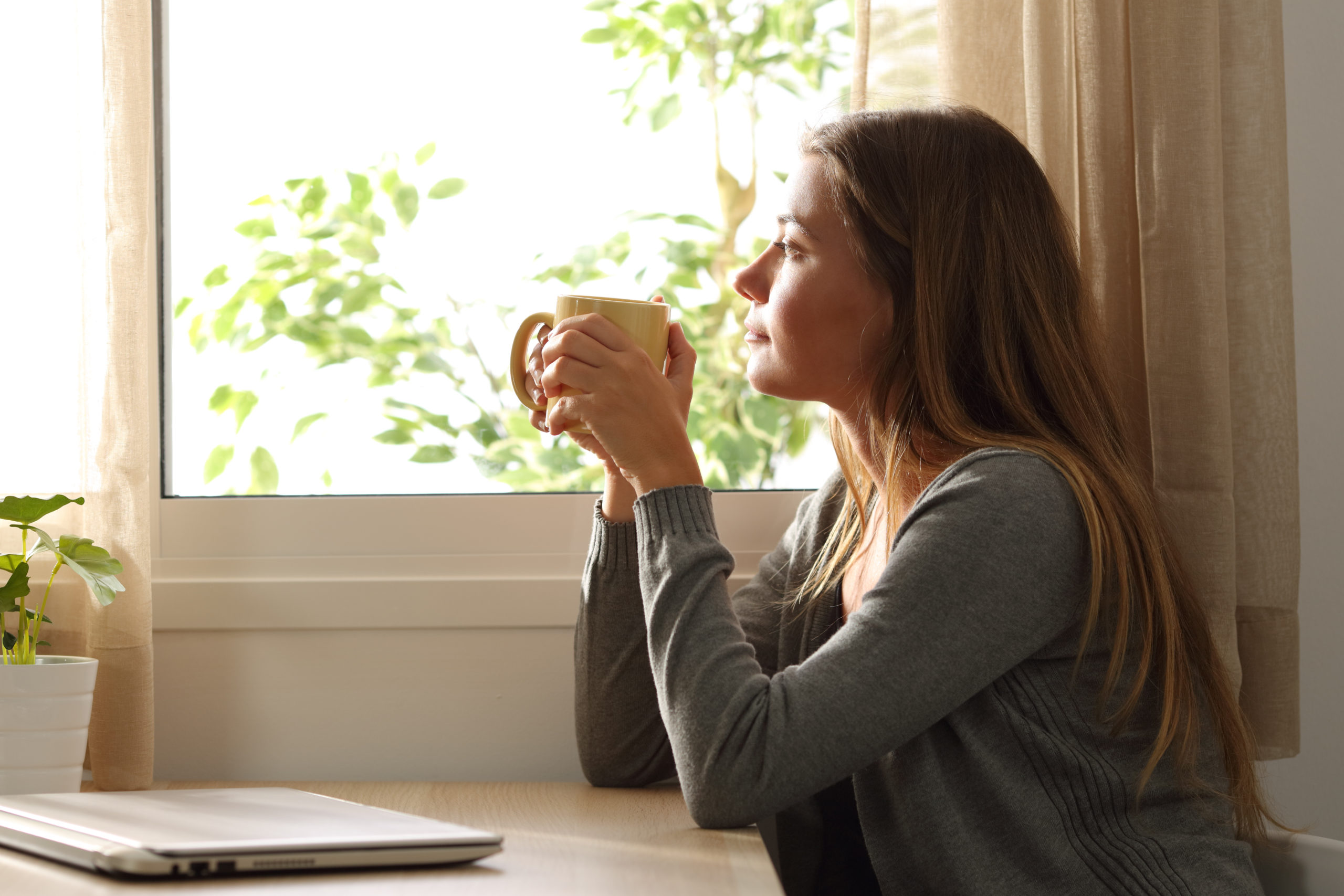Being single can indeed be liberating, even powerful. You’re free to do whatever you want, whenever you want without worrying about your partner’s approval. However, others find it hard being on their own. Should that be the case for you, there are things you can do to feel better about your current situation even if you’re battling with emotions of loneliness and longing for a companion.
If you end up unhappy in a relationship, you should make yourself a priority first. Building a good relationship with yourself is a great investment, regardless of how you feel about being alone. It’ll contribute to your personal development since the goal is to create a healthy feeling of self-love. Since you’ll be spending more time on your own, you might as well learn to meet your needs.
Why Is It Important To Address Your Needs?
The answer is simple: you’re likely to go through emotional pain when you leave them unfulfilled. You might experience hurt or get upset if you have no idea why or which ones aren’t being met. You’ll feel glad, appreciative, secure, loved, joyful, and relaxed once all or most of your needs have been addressed. However, when they haven’t, you’ll feel sad, insecure, irritated, tired, and lonely.
The right solution would, of course, depend on what you require at the moment. For example, if you crave physical touch and satisfaction, you can turn to places like Megapleasure to find something that’ll help you quench your desire.
With all that being said, here are some ways to fulfill your needs as a single person:
- Identify Your Needs
Part of establishing a relationship with yourself is having a conversation with yourself. This is the first step in pinpointing your needs, and you can do this by asking yourself several questions. With these, you can gain clarity in no time at all. Questions such as the following will help you determine what your exact needs are:
- How do you feel about the way you’re taking care of yourself right now?
- In which areas do you feel fulfilled (physically or emotionally)?
- In which areas do you feel empty (physically or emotionally)?
- What are the beliefs and habits you’d like to let go of?
- What beliefs and habits are you avoiding that you’d like to practice instead?
- What boundaries do you need to set in order to protect yourself and your energy?
Once you’ve discovered them, you can then deal with meeting your physical and emotional needs and start feeling better. For instance, you might not have realized that you’re lonely and want social interaction. The moment you become aware of this, you’ll know to call one of your closest friends and invite them to lunch.
- Stop Comparing
If you feel down because of your single status, it may be difficult to witness your friends or family members doing well in their romantic relationships. You may even be inclined to compare yourself with them.
But whether they’re your loved ones or online acquaintances, you should stop comparing yourself with others. The truth is that you’ll never be able to know every detail of another person’s life or relationships. What appears to be a perfect, healthy relationship in social media posts may be entirely different in reality.
And just because someone else’s relationship is ideal for them doesn’t mean it’s right for you. So instead of making endless comparisons and feeling worthless, focus on finding contentment in your own life and accomplishments.
- Change Your Perspective
Finding ways to fight loneliness and feel good about your newfound singlehood is vital not only for your mental health but also for your physical well-being. This is because loneliness can have a negative impact on one’s wellness and welfare. How you feel about being single is influenced by your perspective on your relationship status.
People who see themselves as intentionally single are less likely to experience feelings of loneliness, according to one study. A number of factors can influence how you feel about being single, such as the following:
- The stereotype that single people are sad, unhappy, insecure, and unsatisfied
- Peer pressure to find a partner and raise a family as soon as possible
- The assumption that single people lack flirting skills
Rather than looking at the negative aspects of being single, concentrate on the positive sides or the freedom it provides. Changing your perspective on your status can help you figure out what you want in life and know which steps to take next in order to attain your goals.
Final Thoughts
Whether you’re single or in a relationship, meeting your needs is the key to lasting fulfillment. When you start prioritizing yourself and take the necessary measures to get what you want, you get one step closer to living a life of satisfaction that won’t involve a partner.











